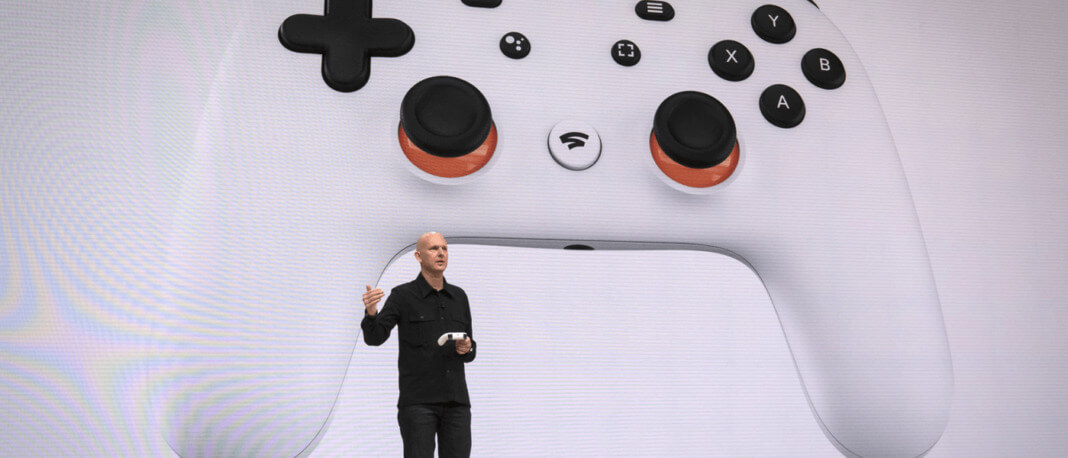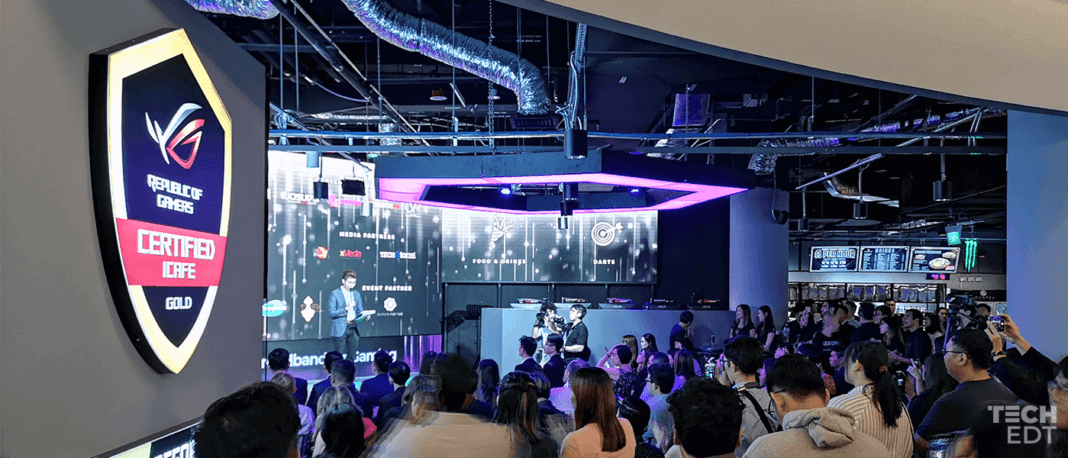- Google is hard at work developing its game-streaming service Stadia, which is planned to launch in just a few months, but the company has another cloud gaming service in the works that could greatly affect how smaller developers create their games.
- Google Cloud Game Servers is now entering an alpha phase that developers can request access to starting today.
- The Cloud Game Servers are built using an open-source platform called Agones, which allows developers to “host, run, and scale” dedicated multiplayer game servers. It makes use of Google’s Kubernetes Engine, the very same used to run Gmail and YouTube.
- The introduction of Google Cloud Game Servers will presumably make it easier for developers to get their multiplayer games working with Stadia.
- Google is certainly going all-in on online content, with fighting games and shooters coming to the platform alongside traditional single-player titles like Shadow of the Tomb Raider.
- Google Cloud Game Servers could offer stiff competition to Microsoft, as well, which currently offers its Azure servers to several of the biggest developers and publishers in the world.
- Azure is arguably more robust, with 50 global regions. It also features protection against Distributed Denial of Service (DDoS) attacks, as well as translation and other language tools.
- Azure is a proven system, that’s been implemented in games like Titanfall, offering an experience not possible using local hardware alone.
- Sony even partnered with Microsoft recently to bring gaming and other content to Azure, despite the two companies competing in the video game market with the PlayStation and Xbox platforms.

In brief: Google quietly launches Cloud Game Servers alpha test
[output_post_excerpt]
Popular Categories




